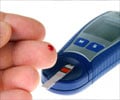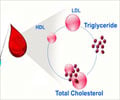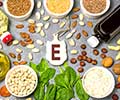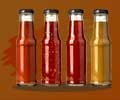The Family Tree
HDL is a type of Lipoprotein. Lipoproteins, as the name suggests, are a class of biochemical compounds formed by a protein component and a lipid component. These may be structural or catalytic in function. Lipoproteins may be enzymes, proton pumps, ion pumps, or some combinations of these functions.
The lipids are often an essential part of the complex, even if they seem to have no catalytic activity themselves. All animal cells need cholesterol to build the multiple membranes to both control water and water-soluble elements, and to organize their internal structure and protein enzymatic systems.
Lipoproteins in the blood carry fats around the body. The protein particles have charged groups aimed outward so as to attract water molecules; this makes them soluble in the salt water-based blood pool.













